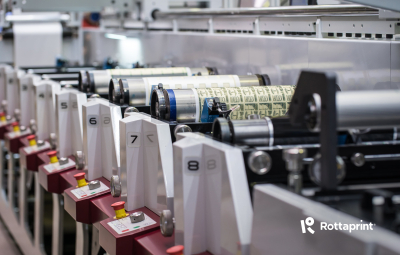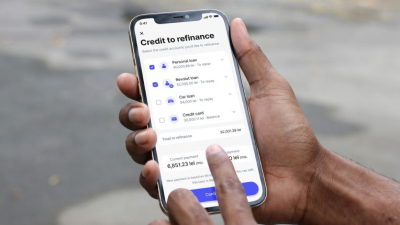The third tranche totaling €1.5 billion under the €12.95 billion package from the International Monetary Fund, originally slated for December, has been put off for next year due to a domestic political crisis that blocks the approval of 2010 budget.
The only chance Romanian authorities have to receive this tranche is to pass the 2010 budget. And there is one condition for that: a government with parliamentary legitimacy.
“According to our program, the board of IMF is due to meet on December 15 to discuss Romania’s problems, so all the country’s commitments must be fulfilled five days beforehand. We must assure of an adequate fiscal situation in 2010 and for that we need a budget draft at least”, said Jeffrey Franks (photo), IMF mission chief.
IMF could not complete the review of the country’s economic performance, and a follow-up mission will return to Bucharest to successfully complete the review once the political situation is resolved”.
The IMF mission chief in Romania added the country must go on a diet, because fiscal policy imbalances cannot be corrected forever by “tightening the belt”.
“Romania cannot tighten belt forever. Of course, you can tighten the belt, but at a certain point it will break. Another way would be to go on a diet. On a long term, the public sector will have to be put on a diet”, said Jeffrey Franks, adding that fiscal measures had been validated too late to contain the budget gap within the target range for 2009.
Aftereffects of IMF’s decision
IMF does not rule out the possibility of disbursing the third and fourth tranche of the aid package simultaneously, should a long-range political crisis make the following review be held no sooner than late January-early December.
In the event of a simultaneous disbursement, Romania would be the recipient of around €2.35 billion.
The IMF mission chief expressed his hopes that an economic recovery in 2010 would help the government fill the budget gap. This way, a part of the following tranches would go to the country’s currency reserves.
“Closing the budget gap with the money from the IMF is not common, it is not something we usually do. In case of Romania, we have accepted because the country’s financial situation was extremely difficult. We expect it to be easier in 2010”, said Franks.
IMF agreed that half of the second and third tranche to go to the Ministry of Finance to bridge budget gap.
Alternative: Ministry of Finance borrows nearly €800 million from banks at 5.25% interest
The Ministry of Finance sold last week fx-denominated state securities with 3-year maturity worth €793.8 million, almost double from the amount initially announced of €400 million.
The amount makes up half of the third tranche from the IMF, since the Fund has suspended aid review and delayed the disbursement of third installment for next month.
The Ministry got 54% of the total amount offered by the 13 banks that participated in the auction. The primary dealers of the auction have been Alpha Bank Romania, BRD-Groupe Societe Generale, Banca Comerciala Carpartica, BCR, Banca Transilvania, Bancpost, CEC Bank, Citigroup Europe PLC Dublin – Romanian branch, ING Bank NV Amsterdam – Bucharest branch, MKB Romexterra Bank, Raiffeisen Bank, RBS Bank Romania and UniCredit Tiriac Bank.
This is the second auction for fx-denominated securities, after on August 14, the ministry issued auction-rate euro-denominated bonds with public subscription at 5.25% interest with four-year maturity and worth €447 million, 49% above initially announced.
In an effort to close the budget gap, the Ministry of Finances has borrowed around €1 billion from banks through a club loan and has issued €13.9 bln leu-denominated auction-rate securities since, almost five times more than last year alone.
Exchange rates stood below 4.3 lei/euro barrier, no response to aid interruption
The official exchange rate posted by the National Bank of Romania remained below 4.3 lei/euro, and didn’t respond to the delay of the tranche under the aid deal with IMF. The National Bank of Romania posted on Friday an official exchange rate of 4.2988 lei/euro, 0.2% below Thursday’s benchmark of 4.2995 lei/euro.
Citeste si:
Calculator Salariu: Află câți bani primești în mână în funcție de salariul brut »
Te-ar putea interesa și:



















































































![HR [PLAY] Tech Workout - 11...](https://www.wall-street.ro/image_thumbs/thumbs/973/973fe0a3888d417feff63de42e814180-260x260-00-65.jpg?v=1713424016)









